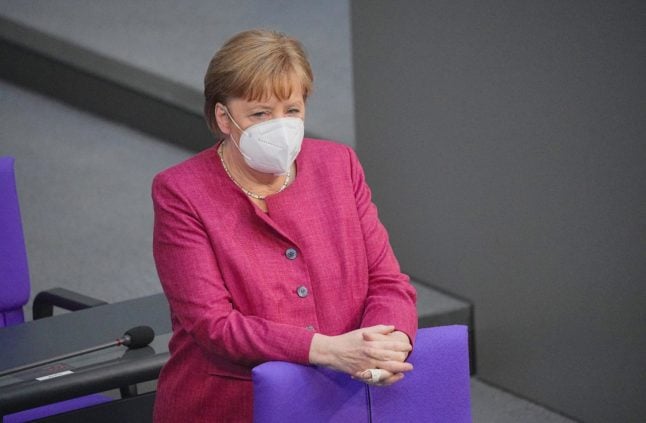The veteran leader is due to step down after German elections in September and she has sometimes struggled to coordinate coronavirus measures taken by regional leaders within Germany.
But her comments to an online meeting of fellow European conservatives
raised eyebrows in Brussels, where the start of a large-scale public debate on the future of the EU has revived talk of reopening the bloc’s governing
structure.
“I believe that Europe needs more competences in the area of health,”
Merkel told the event organised by the European People’s Party (EPP), the
umbrella group that includes her German party, the CDU.
Merkel cited as an example the idea of further empowering the Stockholm-based European Centre for Disease Control (ECDC), which is modelled
on Germany’s Robert Koch Institute (RKI).
The German leader also criticised the attitude of some EU governments to
the European Commission’s vaccination strategy, warning it was a mistake for some to turn to Chinese or Russian vaccines without the approval of the European Medicines Agency (EMA).
READ ALSO: Germany says ready to use Sputnik V vaccine if approved by EMA



 Please whitelist us to continue reading.
Please whitelist us to continue reading.
Member comments